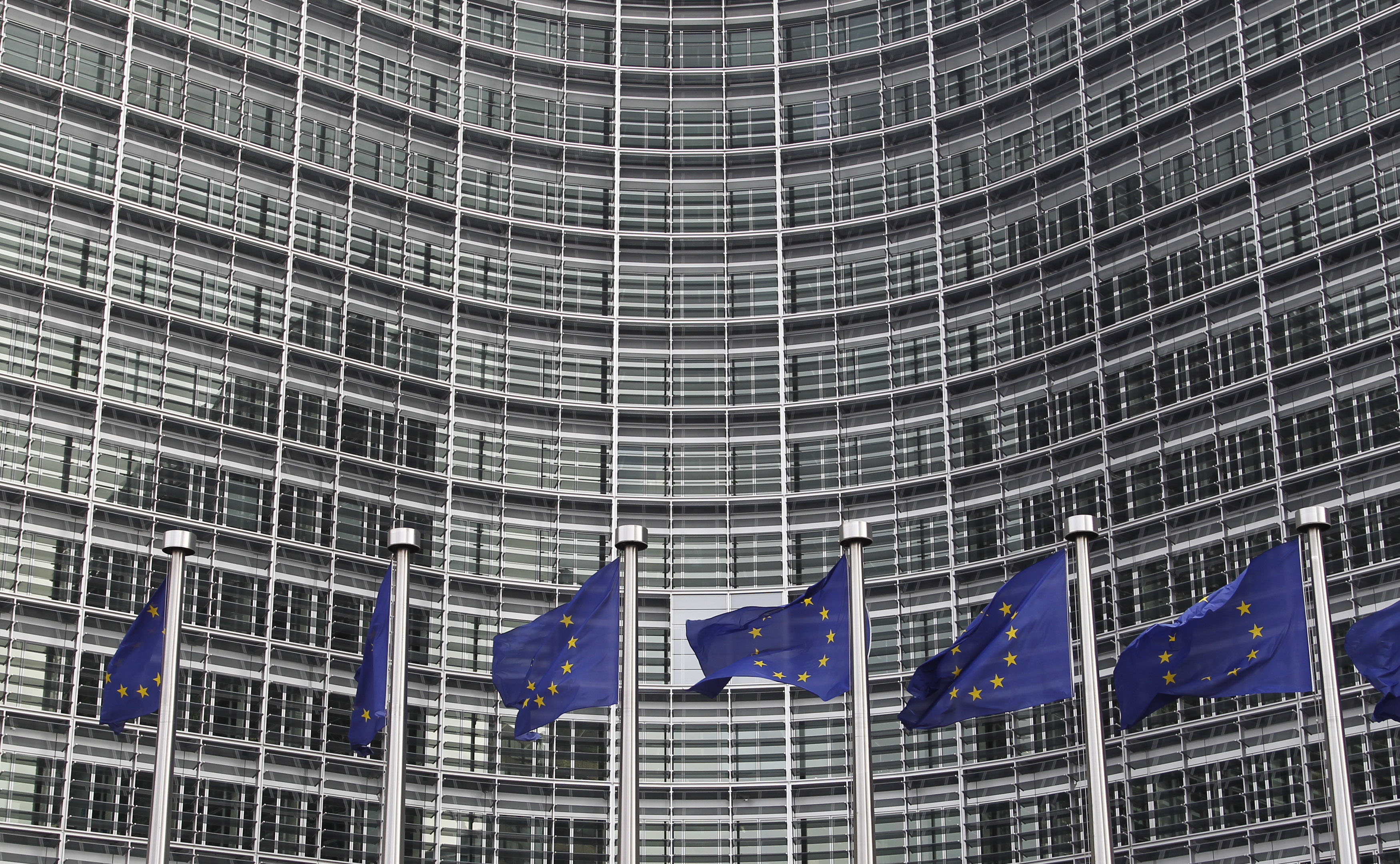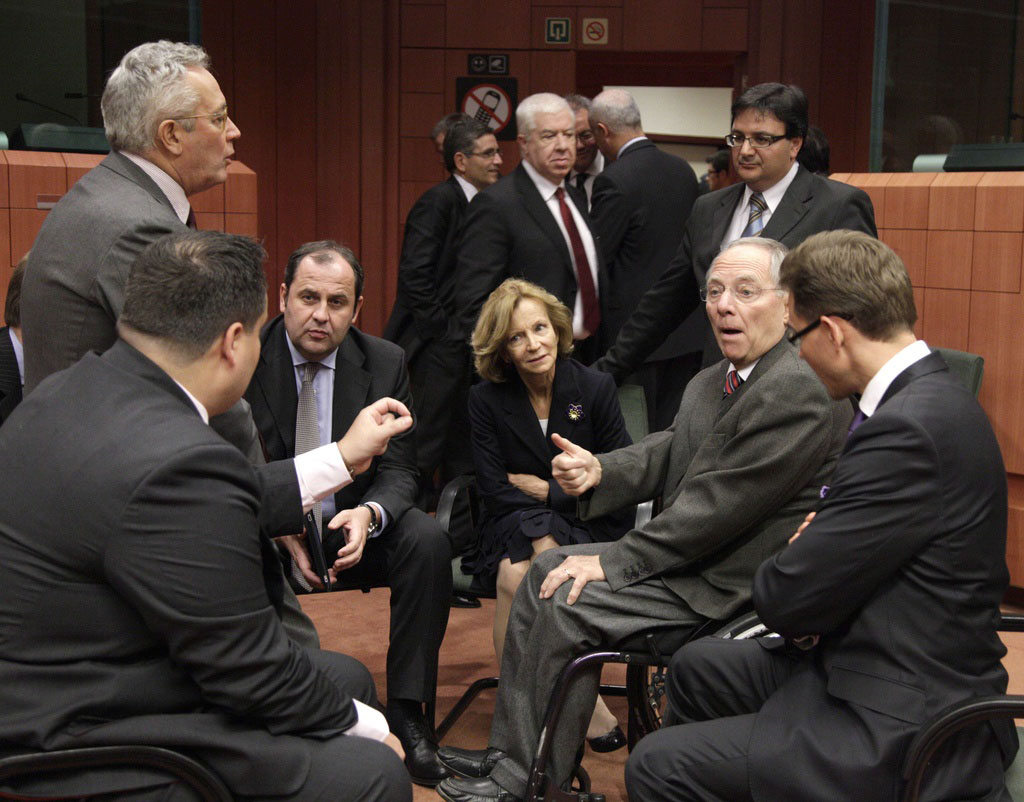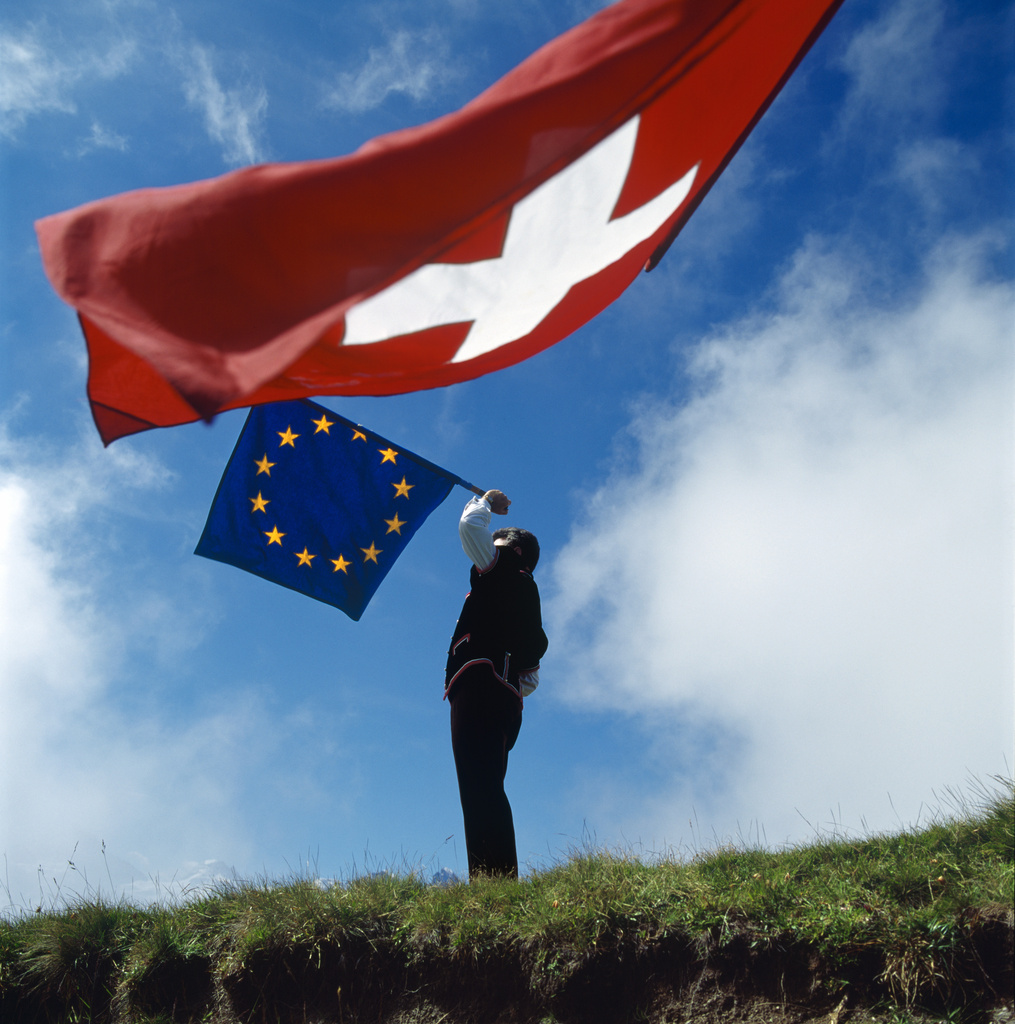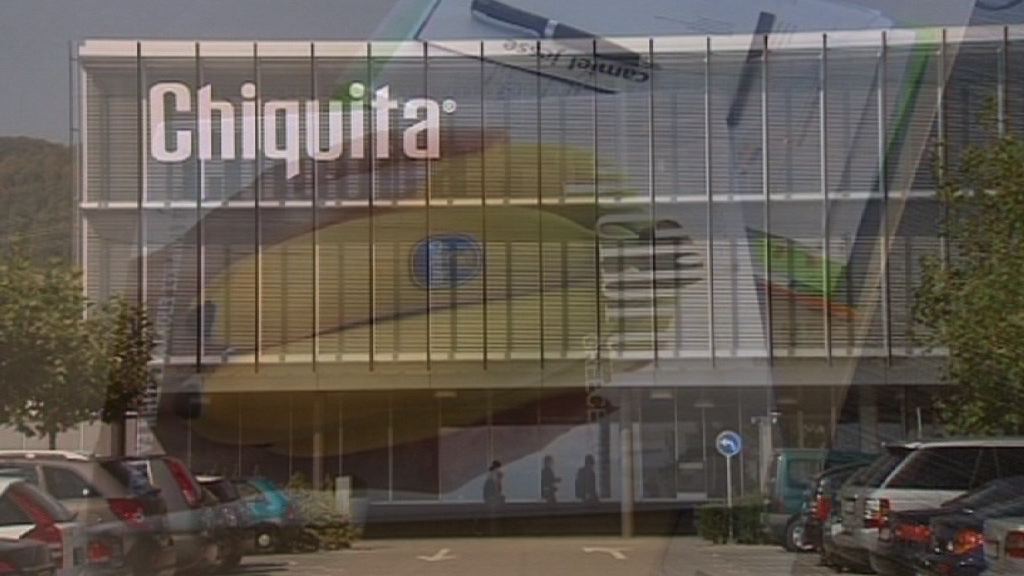EU reprimand will have little impact on Bern

Foreign ministers of the European Union have adopted a report on relations with Switzerland, raising the stakes on taxation of companies in Swiss cantons
In Switzerland, experts are predicting there will be little fallout from the findings of the Council of the EU.
The EU is showing signs of frustration with Switzerland and foreign ministers made this clear on Tuesday.
“It is not surprising that the EU Council have raised the stakes. Voices have been loud for some time. This summer then Economics Minister Doris Leuthard was confronted quite harshly with the demands from Brussels,” Dieter Freiburghaus, a political scientist and expert on the EU, told swissinfo.ch.
In the report, the problem of cantonal taxation of companies has replaced that of the pressure on Switzerland to abolish banking secrecy, with the automatic exchange of information.
“Last week the EU decided not to speak about the automatic exchange of information before 2017. Switzerland no longer has a knife at its throat, banking secrecy has been saved for the next few years but the problem of cantonal taxation of companies remains,” René Schwok, a political scientist at Geneva University, told swissinfo.ch.
Unfair competition?
What the EU is looking closely at are Swiss cantonal taxation schemes that are favourable to holding companies, considered as state aid and tantamount to unfair competition.
If in other places, as in the Channel Island of Jersey, holding companies can also benefit from tax breaks, Freiburghaus says that Switzerland is a special case with its cantonal discrepancies.
“The European Union criticises Switzerland mainly because some cantonal tax authorities offer tax breaks that Brussels considers to be subsidies,” Freiburghaus said.
It’s a criticism that’s nothing new because it’s an issue that’s been upsetting the EU for four years.
“Essentially Switzerland is procrastinating and trying to buy time and the EU is getting a little bit fed up with this dialogue which goes on and on,” Schwok said.
Code of conduct
The EU foreign ministers are moving in the same direction as its finance ministers, who are calling on the European Commission to convince Switzerland to implement the code of conduct Brussels adopted in 1997 regarding company taxation.
“One day Brussels will certainly make Bern give in. Switzerland will either have to implement the code of conduct or make concessions. It will be forced to find a solution. For example, it might lower taxation for Swiss firms and raise it for foreign companies. Whatever happens the difficulty will be in compensating the cantons for what they may lose,” Schwok said.
The EU seems to want to find a solution to the problem of getting nowhere with Switzerland for years. But, according to the two experts, Bern should have no real fears. The EU is in no hurry because it has many internal problems to solve.
In its report, the EU is once again demanding Switzerland automatically accept developments in EU legislation, as is the case for the countries in the European Economic Area, for example Norway and Iceland. It’s an issue on which Switzerland does not want to give way because of its sovereignty and autonomy.
Model agreement
In a report which came out at the end of October, the Swiss government suggested solving this problem by entering a model agreement.
This lays down that Switzerland would accept developments in EU legislation, as Brussels wants. But Bern could present them to parliament and even resort to the direct democracy of the people if necessary. If these developments are not accepted, the EU could take retaliatory measures but they must be in proportion and put to an independent tribunal.
“This agreement, with an ambiguous text, could help save face. In the coming months it will be Switzerland’s aim to sell this model to the EU,” Schwok said.
The agreement could shape future relations between Switzerland and the EU and could find a solution to continue the bilateral path of relations, which as the report emphasises has reached its limit.
According to the two experts, any answers to future relations between the EU and Switzerland will not be forthcoming before 2011, the year of federal elections.
Awkward issue
“In electoral years, such as 2011, Switzerland regularly puts its dossier on the EU on ice. The issue is awkward for all the political parties with the exception of the [rightwing] Swiss People’s Party,” Freiburghaus said.
The People’s Party, the strongest in the Swiss parliament, has long been against any move by Switzerland to join the EU.
The two believe the report will have little impact on Switzerland. Schwok notes that the country is in a position of strength compared with 2008 when a first report came out.
“Switzerland currently is in a very good financial and economic situation, while several members of the EU are in a poor state. And the EU needs Switzerland to play the role of ‘banker’.”
Bern shares the view of the Council of the EU that bilateral agreements form the basis of the very close relationship between the two partners. It says that on balance, the present bilateral agreements work well.
On tax matters a statement from the Integration Office mentions that Switzerland has expressed its willingness, under certain conditions, to enter into a dialogue with the EU on the code of conduct on corporate taxation.
On other issues, Switzerland points out that the accompanying measures on free movement are overall in conformity with the treaty on the free movement of persons and constitute appropriate measures to protect employees.
It says experience has shown that the accompanying measures are necessary to protect wages and working conditions in Switzerland.
1961: Seven countries, including Switzerland, sign the treaty creating the European Free Trade Association.
1963: Switzerland joins the Council of Europe.
1992: The Swiss government requests the opening of negotiations on European Union membership. The application is still on ice.
1992: Swiss voters decide by 50.3% not to apply for membership of the European Economic Area.
2006: A government report on European integration clearly explains that Switzerland’s policy towards the European Union should be based on bilateral relations.
Since 1972 Switzerland and the EU have signed nearly120 accords.
(Translated from French by Robert Brookes)

In compliance with the JTI standards
More: SWI swissinfo.ch certified by the Journalism Trust Initiative





You can find an overview of ongoing debates with our journalists here. Please join us!
If you want to start a conversation about a topic raised in this article or want to report factual errors, email us at english@swissinfo.ch.